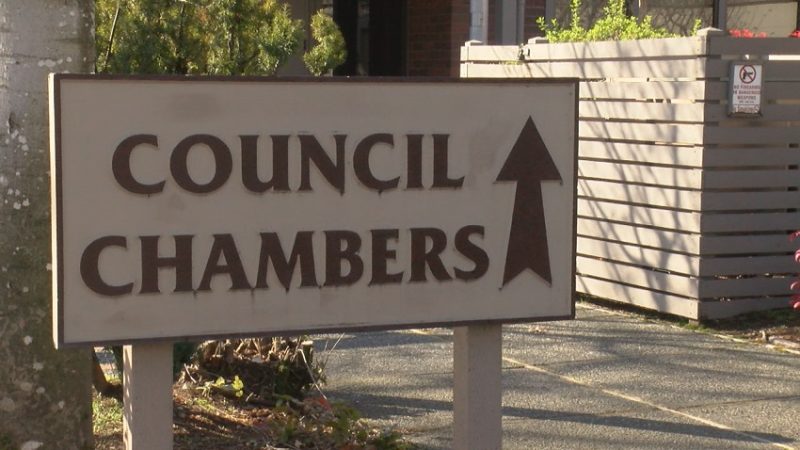GRANTS PASS, Ore. — Weeks after shutting down the city’s largest resting site for homeless residents, Grants Pass city officials are now exploring new options for designated resting sites, as the city grapples with legal challenges and local business concerns. The closure of the J Street site in January has sparked ongoing debates over how best to address homelessness in the area, with business owners and residents expressing concerns about the impact on the community.
The situation took a legal turn last week, when a judge granted an emergency restraining order in response to a lawsuit filed by Disability Rights Oregon and the Oregon Law Center. The order prohibits the city from removing tents or campsites from city parks, as well as from issuing citations or making arrests related to camping on public property. The ruling has forced city officials to reconsider their approach to addressing homelessness, as the restrictions place limitations on how they can enforce existing ordinances.
In a recent work session, Grants Pass City Manager Aaron Cubic presented several potential locations for new resting sites. These included former resting areas previously established by prior city leadership, as well as new publicly and privately owned properties. The goal, Cubic emphasized, is to find “additional space and additional time” to provide a safe place for people experiencing homelessness, while ensuring that these sites meet the standards of what is deemed “objectively reasonable.”
“We’re looking for additional space that meets the standards of what’s objectively reasonable,” Cubic said during Monday’s session. “This is about finding solutions that balance the needs of the community and the individuals who need support.”
By the end of the meeting, the city council had narrowed down the options to four possible sites. The list includes the existing overnight resting area on 7th Street, two publicly owned locations on NW Midland Avenue and SE I Street, and a privately owned space on NW Vine Street. The new sites, if approved, would provide temporary refuge for the homeless population, offering a respite as the city works to develop longer-term solutions to the ongoing crisis.
Local business owners have expressed frustration over the shifting homeless population in the city. Shawn Hvall, owner of R&M Lumber, voiced concerns after the closure of the J Street site, calling the situation “absolutely horrible.” Hvall, a lifelong resident of Grants Pass, acknowledged the challenges faced by both the homeless and the business community but emphasized that the issue should be handled fairly and thoughtfully.
“This is my community. I was born and raised here. I don’t want them to move it to the north end of town just so I don’t have to deal with it,” Hvall said. “This is still my town. I don’t want anyone to have to do what we’ve had to do.”
The ongoing tension between the needs of the homeless and the concerns of the broader community reflects a national challenge faced by many cities struggling to find effective ways to address homelessness. As Grants Pass works to find solutions, the city is also facing increased pressure from the legal system, as well as public scrutiny, to develop fair and compassionate policies.
The city’s exploration of new resting sites, while still in its early stages, represents an effort to create a balance between protecting the rights of homeless individuals and maintaining public order and safety. As the city council continues its discussions, it remains to be seen how these efforts will evolve and whether they can address the complex and multifaceted nature of homelessness in the region.

